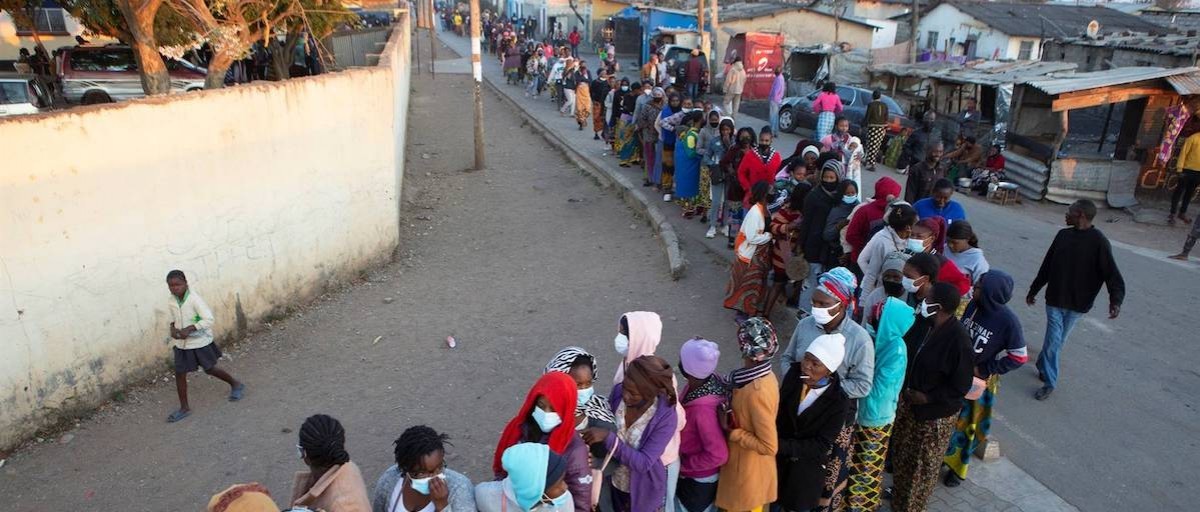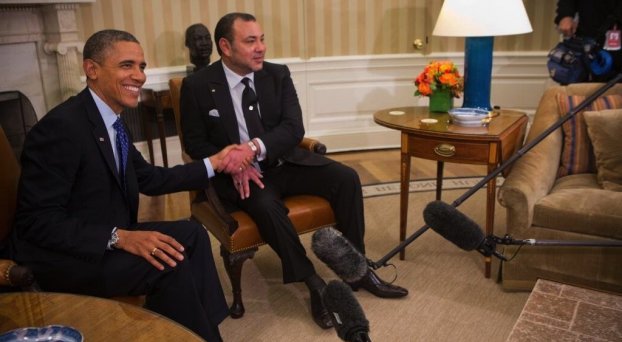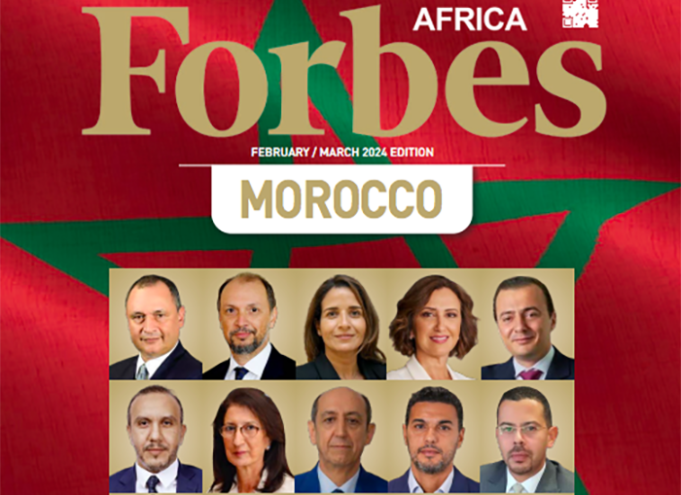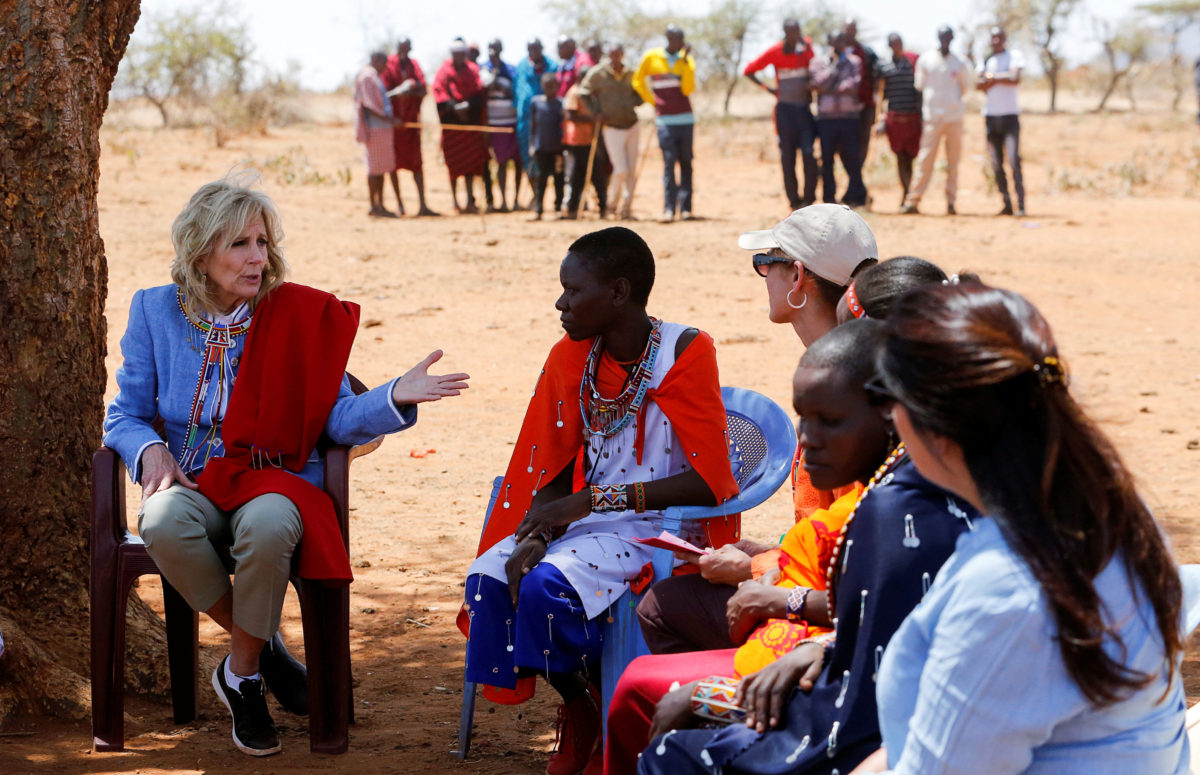While 69% of Africans support democracy and more than 70% agree that there should be term limits, according to the latest Afrobarometer surveys, recent developments in the Central African Republic (CAR) and Burkina Faso have demonstrated that the democratization process in some African states is still facing huge challenges.
Speaking at a workshop on ‘Democracy in Sub-Saharan Africa’ organized by the Kofi Annan Foundation in late 2022, Prof. Landry Signé of the Brookings Institution observed that while Africa might be experiencing “slow moving democratization,” 69% of Africans support democracy, and more than 70% agree that there should be term limits. Despite these aspirations of African people, CAR’s President Faustin Archange Touadera said Tuesday May 30 that he would call a referendum on a new constitution that would allow him to seek a new term. But the opposition has already accused Touadera of seeking to extend his rule despite constitutional limits in one of the world’s poorest and most unstable, yet also mineral-rich, countries.
Touadera was elected in 2016 and was returned for a second term in 2020, despite widespread accusations of electoral flaws and an ongoing rebellion against his rule after years of civil war.
Democratization processes in various countries across Africa are still facing numerous challenges, which have to be remedied before embarking on a true democratic journey. One of the most serious challenges is the real or perceived lack of security.
In Burkina Faso, Prime Minister Apollinaire Kyelem de Tambela on Tuesday ruled out negotiations with jihadist insurgents who control swathes of the country, while suggesting that security risks could delay the country’s return to civilian rule. His comments to lawmakers came as officials reported the deaths of around 40 people in weekend attacks attributed to Islamist fighters. The West African country has been ruled since 2022 by a junta led by Captain Ibrahim Traore, who has promised a return to democracy with presidential elections by July 2024.
“We cannot organize elections without security. If you have a magic wand to ensure we can hold elections as soon as possible, we’d do it,” de Tambela said. “If we organized elections now, while part of our territory is inaccessible, they’ll say that whoever is elected has been wrongly elected,” he said.



